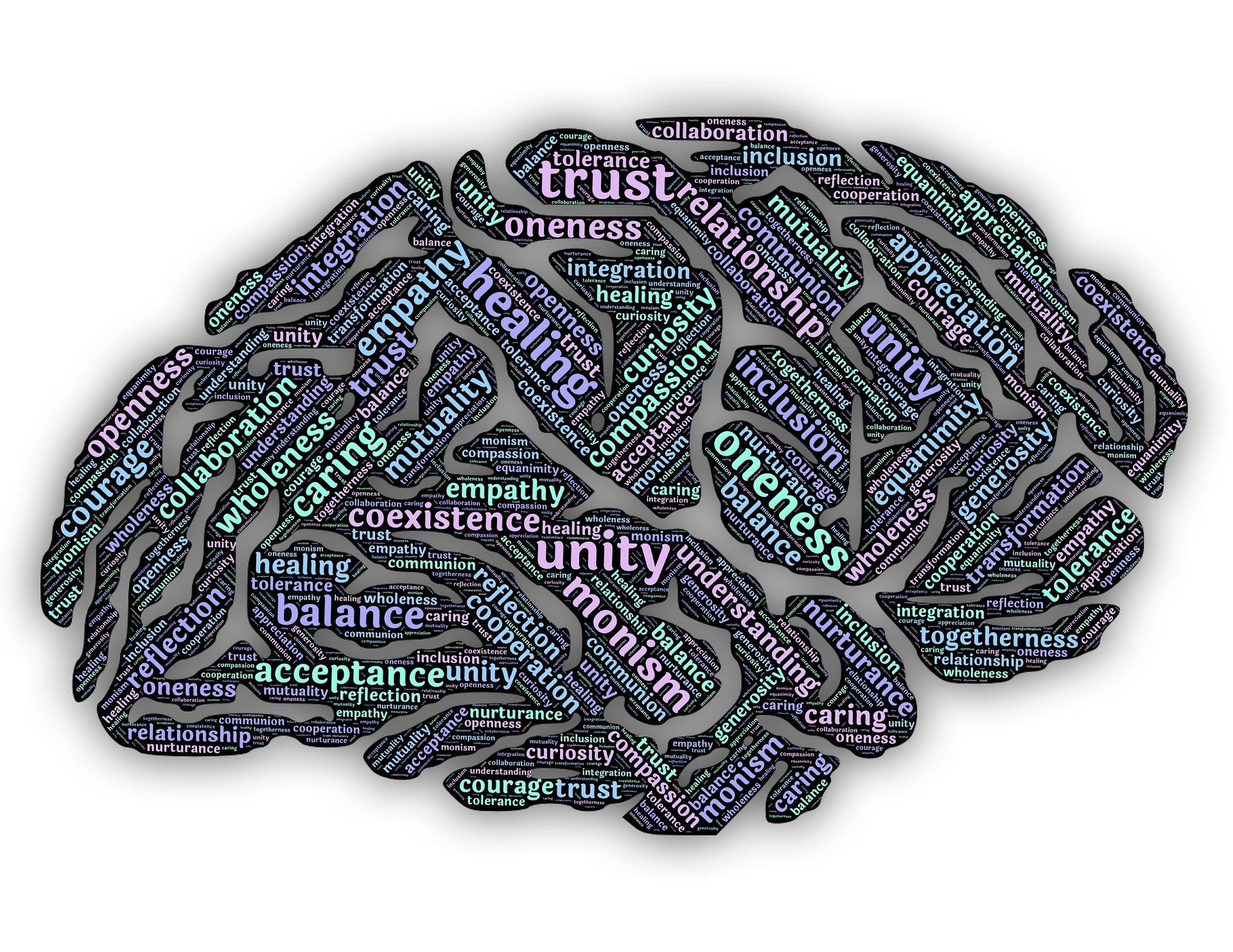How do Students With a Growth Mindset View Their Mistakes?
The big question is how do students with a growth mindset view their mistakes? There will always be good days and bad days for everyone. Thinking about how we do in our exams or whether or not we win the game is important. But, focusing on what went right is no less important than what went wrong.
Other than their counterparts, Students with a growth mindset view their mistakes in a more constructive way; then, they use them as learning opportunities. Meanwhile, Their counterparts often see mistakes as something that should not be done and to be avoided at all costs.
Students often seek help and support from friends of their age when they are given a learning opportunity of their mistakes. They are more likely to ask or seek help from their friends on their team when they face and are stuck with a problem. They also learn from the mistakes they made and will change their methods or approaches to solve a problem.
How do students with a growth mindset recognize this skill
A growth mindset is a way of thinking that makes students view their mistakes with a new perspective and way. A growth mindset makes students see mistakes as a learning opportunity by taking time to reflect on the situation. For example, when students face a problem. They will not try to solve it quickly nor give up. Instead, they will take their time and work through the process until they find an answer. This mindset could help students to be more successful.
Learning mistakes as an opportunity to change into a better person
Many people view people who made a mistake in the same way as someone who has committed a crime. They see mistakes as stupidity attributed to their lack of intelligence and foresight.
However, there is an alternative viewpoint that sees mistakes in life as opportunities to change to be better. A person with this kind of mindset will view their mistakes as opportunities to grow and improve themself. Learning from our mistakes is one of the most important things we can do to improve our lives. Because mistakes are a part of life, and they help us grow and learn.
What distinguish you from being wrong and “getting it wrong”?
It’s easy for people to feel less when they say or do something wrong in a world where people are constantly judged. When we make a mistake, the feedback from our friends or teacher can pop negative thoughts about us. According to Carol Dweck in her book Mindset: The New Psychology of Success, a person’s success is determined by his or her mindset.
There are two kinds of mindsets a person can have – a fixed mindset and a growth mindset. People with a fixed mindset will think they are either “smart” or “stupid.” This mindset makes people believe that they are unable to learn new things and grow as people. This mindset makes people tend to feel less than when they mess up. It is mainly because they are not learning from their mistakes. Meanwhile, people with a growth mindset think that they are able to learn new things and grow as people.
How do you recognize students with a fixed mindset?
A student with a fixed mindset tends to see a problem as a challenge to be overcome. They will think that they have control over the problem. They also believe that fair, hard work is enough to solve the problem and control the situation. It causes students to be less likely to take risks over the problem. And eventually, it will lead students to be less motivated to learn something new.
Teacher’s role in promoting a growth mindset to their student
The first way teachers can promote a growth mindset is by encouraging students to see mistakes as an opportunity for self-improvement. It is also really important for a student to have a growth mindset in terms of academic performance. When students see mistakes as an opportunity for improvement, they will get to see their success coming very soon.
Teachers can also encourage their students to adopt a growth mindset by encouraging them to see mistakes as a learning opportunity. By viewing mistakes as a learning opportunity, students are more likely to see mistakes as a stepping stone to their success instead of as a flaw in their record book.



